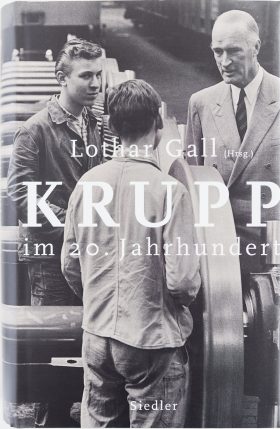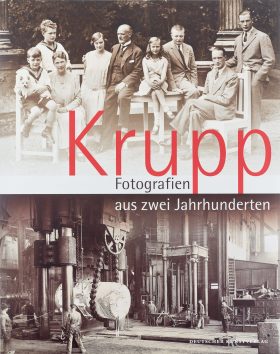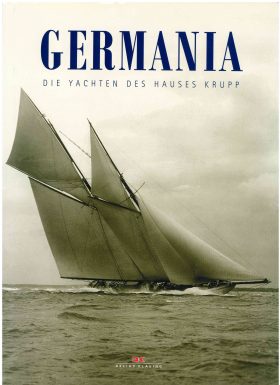Krupp Foundation continues research project on the position of its founder Alfried Krupp towards National Socialism
In February 2022 the Alfried Krupp von Bohlen und Halbach Foundation initiated an independent scientific research project under the direction of Prof. Dr. Eckart Conze to find out more about Alfried Krupp von Bohlen und Halbach’s relationship with National Socialism. The Foundation sees it as its responsibility and task to look again at the biography of its founder from the perspective of current issues as well as new research perspectives. Prof. Dr. Eckart Conze is Professor of Modern and Contemporary History at the Philipps University of Marburg and an expert in the field of National Socialism. The aim of the project he led was to get closer to the person of Alfried Krupp and his relationship to National Socialism by researching sources.
After 12 months of work, the research project has uncovered sources that could shed light on Alfried Krupp’s attitude to National Socialism. These are to be examined and evaluated in the course of further research and culminate in a publication. Aspects to be examined in greater detail include Alfried Krupp’s membership of Nazi organizations, the so-called „Landsberghilfe“, an informal support network for Krupp’s fellow prisoners in the Allied war crimes prison Landsberg, and the topic of „forced labor“. A panel of experts who discussed the results of the research project recommended continuing the research and a multi-perspective publication project.




















